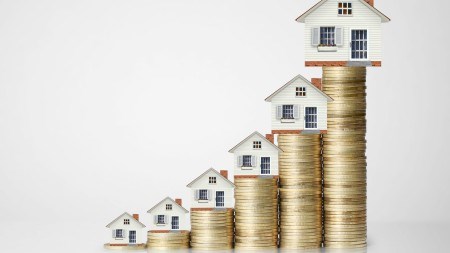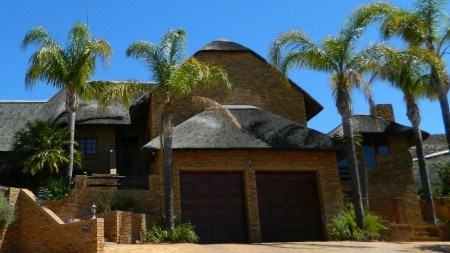The decision by the Monetary Policy Committee of the SA Reserve Bank to keep the repo rate unchanged at the current level of 6,50% (base home loan rate of 10%) was largely expected by the market according to the Seeff Property Group.
The group said that given the still sluggish economy and pressure on the CPI due to rising costs and some renewed volatility in the currency, it was expected that the MPC would take a conservative stance. Seeff also expects the interest rate to remain flat for the remainder of the year.
Stuart Manning, group CEO for Seeff said that the economy has not yet seen a notable uptick although the overall sentiment is up following the appointment of President Cyril Ramaphosa. The early January surge has unfortunately been somewhat tempered by policy uncertainty around land expropriation.
The recent announcement by the ANC’s NEC (national executive committee) that it will first test this with the Constitution‚ as it stands, is therefore most welcome, he said. President Ramaphosa also again reiterated in parliament this week that it will be done in pursuance of economic growth and food security.
Manning says further that the Seeff group remains buoyed by the more positive outlook and if we can just get over a few hurdles, we could start seeing the economy take a real turn. Bear in mind, consumers have had to absorb the VAT hike along with petrol price and other cost increases.
He noted with encouragement that the Gauteng markets are picking up and that, for the first time in many years, there has been a surge in transactions above R20m in the top end Johannesburg areas. This, he adds, is a good indication that confidence is returning to the market. These markets are also usually the first to feel a recovery.
The Cape metro on the other hand, is however now feeling the effects of the poor economy, drought and dip in tourism and semigration which means that most areas are reporting tight trading conditions, especially at the upper end of the market.
The country’s micro-economic challenges notwithstanding, Manning says there are many positives for the market. The banks are granting more bonds, price growth is still fairly flat and that means that it is a great time to buy. Predicting the market is difficult, but indications are that the economy is poised for growth which will naturally boost the property market.
The lower to mid-market price ranges to around R1.5-R2.5m are quite active, but overall, Manning says that sellers need to price in the right range to catch the interest of buyers. The message for buyers, is not to wait too long, otherwise they may just look back with regret.
We are seeing somewhat of a hybrid market right now with some areas performing well while others are still struggling. Manning concludes by saying that it is best to work with a credible area specialist who has been through the market phases and can guide your selling decisions.




